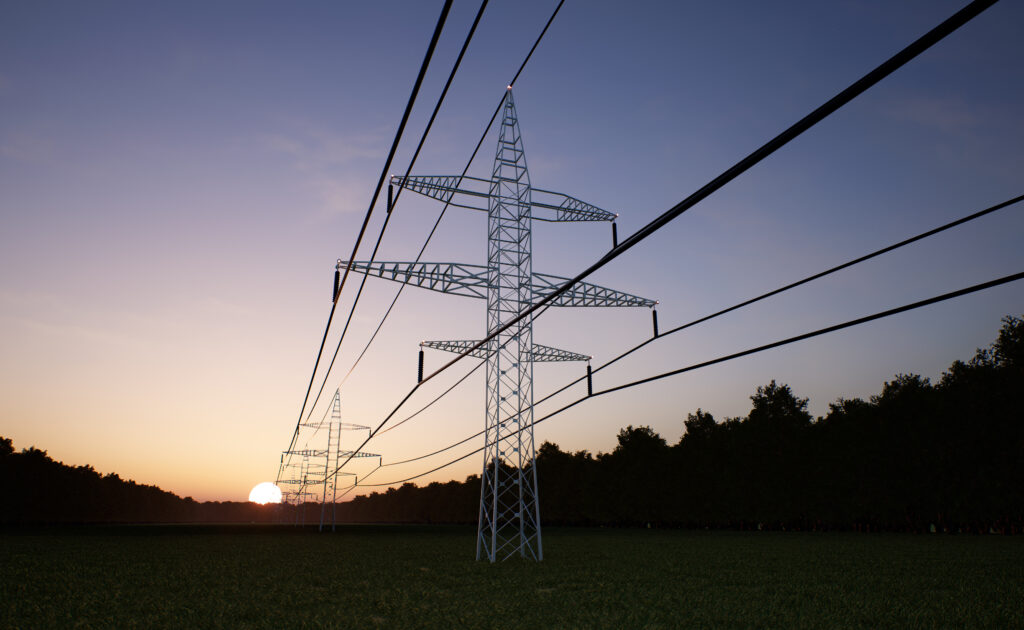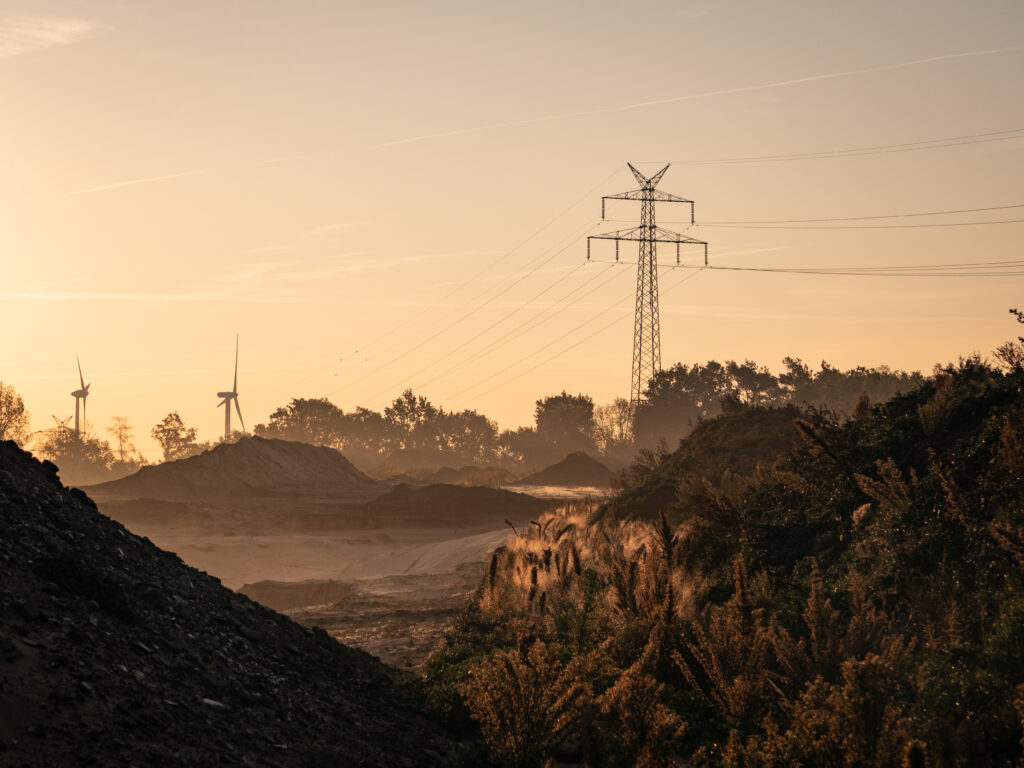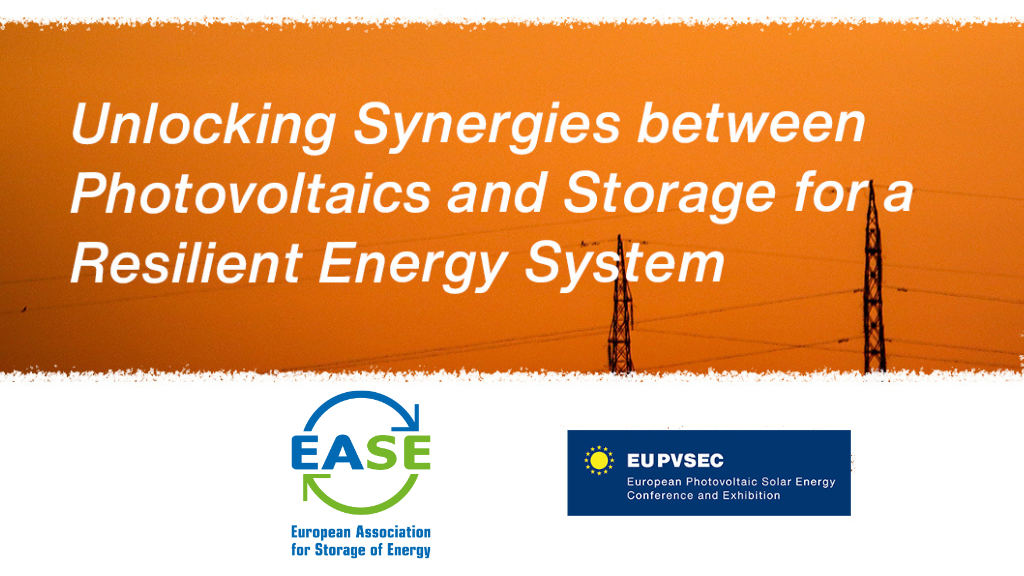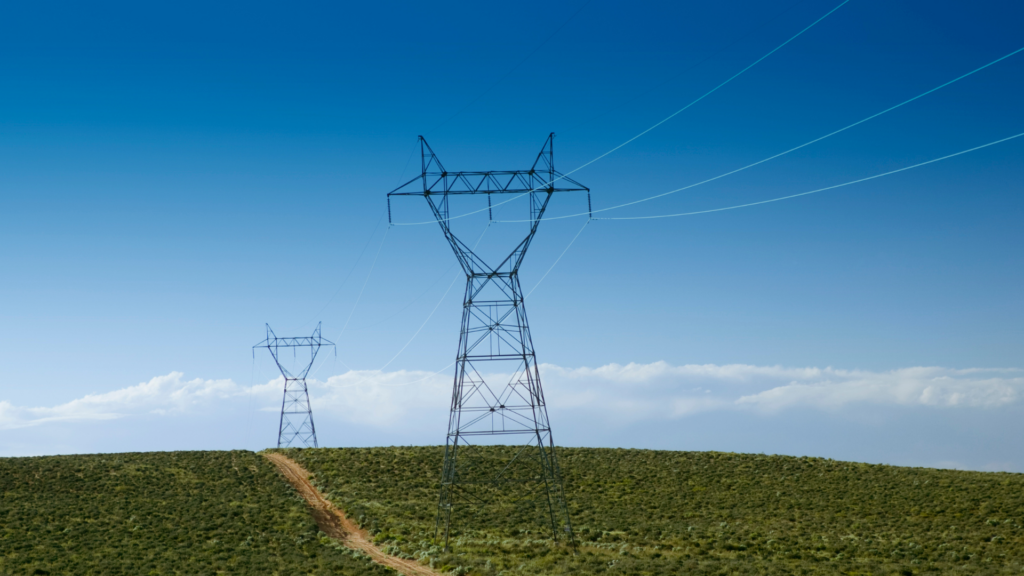19.12.2022 / News
Energy Storage Policy Developments in 2022
As the world was starting to recover from the COVID-19 emergency, in early 2022 another crisis struck: with the Russian invasion of Ukraine starting in late February, almost the entirety of the European Commission activities for 2022 shifted away from the foreseen Working Programme to focus on sanctions and new measures to ensure security of supply. The situation aggravated in the past months: with winter approaching, gas reserves needed to be filled to ensure heating and electricity would be available to industries and citizens for the coming seasons, and sky-high prices started impacting the continent.
REPowerEU and Energy Storage Alliance/ Energy security needs Energy Storage
The main energy policy file of this year is surely REPowerEU, published in May to address the Ukrainian crisis: has highlighted in EASE briefing, it contains several proposals, starting from a general REPowerEU Communications (pointing out the essential role energy storage has in ensuring security of supply by providing energy shifting services), a solar strategy, amendments to RED, EED, Recovery and Resilience Plans, accelerated permitting procedures, and others.
Namely, EASE made sure that standalone storage facilities (in addition to co-located) will benefit of the new accelerated permitting procedures, and that all REPowerEU files appropriately mention energy storage and its role in ensuring security of supply.
On this note, a fruitful collaboration with Breakthrough Energy, SolarPower Europe, and WindEurope started earlier this year: a joint letter and a live event in Brussels, discussing renewables and storage-based security of supply, have been well received among stakeholders and policymakers, ensuring a larger audience and strong outreach for EASE positions. The collaboration keeps bringing benefits, within the Innovation Hub and several other initiatives.
The Russian invasion of Ukraine: emergency measures for high electricity prices
More recently, the Russian invasion of Ukraine brought further instability in already volatile EU electricity markets: high prices and uncertain gas supplies have urged policymakers to issue several measures to "keep the lights on" at an affordable price. The cap on marginal prices (not directly affecting energy storage) has been the most controversial: nonetheless, the storage industry can reap the benefits of accelerated permitting measures that have been proposed in November in a new Council Regulation calling for an emergency framework to fast-track solar and co-located facilities permitting. EASE is in contact with relevant policymakers to include standalone storage and avoid unduly discrimination.
Fit for 55 - Development for Renewable Energy Directive, permitting, Energy Efficiency Directive, and Energy Taxation Directive
The Fit for 55 Package, issued in summer 2021 to make the energy system up to date with new decarbonisation targets (55% GHG emissions reduction by 2030) is in the pipeline for approval by the co-decision bodies (Parliament and Council).
Most files have now reached trilogues, and will be most probably approved in Q1 2023: a series of briefings is available on our website. EASE has successfully engaged with policymakers at all levels to include relevant provisions for energy storage: notably, the plenary Parliament draft for REDIII includes a definition for co-located energy storage facilities, and the possibility for Member States to set up national storage capacity targets. An effective engagement with national representations being carried out by the Policy team, in order to ensure these important changes are kept in the final REDIII draft.
An exception is the Energy Taxation Directive: given the current conditions it has dropped down among the Council priorities for the year, and it will be re-discussed in 2023. EASE is engaging with stakeholders and policymakers to make sure the abolition of double taxation becomes a reality at EU-level (following the example of The Netherlands).
Digitalisation
EASE has taken part in the European Commission Public Consultation for the adoption of an Action Plan on the Digitalisation of the Energy Sector. EASE supports this initiative for the digitalisation of the energy sector which has the potential to play a key role in the energy transition towards a decarbonised European Union.
Hydrogen and Decarbonised Gas Market Package
After engaging with the European Commission to ensure energy storage is always able to feed into an electrolyser to produce green hydrogen, EASE has followed closely topics related to additionality in hydrogen production and the creation of a decarbonised gas market; the additionality Regulations are now sent back to the Commission after the Parliament struck down the additionality principle during a RED vote, and will be re-issued next year.
Battery Regulation
Due to several delays at different legislative levels, the Battery Regulation has yet to be approved: the initial deadlines are now unrealistic, mainly because the three legislative bodies disagree on the scope of the Regulation itself. The draft approved in the European Parliament plenary is not reflecting the diversity of the battery ecosystem, and could add regulatory complexity in an already extremely regulated segment, such as battery safety, recycling and reuse. Several implementing acts are then to be expected by the European Commission to define technical details of the different requirements laid out in the Regulation – EASE will keep following the developments.
Innovation Hub and LDES Collaboration
EASE started fruitful collaborations during the past year: on one hand, the Climate Innovation Hub is a platform that aims at supporting the policies, instruments and investments that deliver the innovations that the EU needs to be climate neutral by 2050. Its members include Cleantech for Europe, E3G, the University of Cambridge, T&E, Agora Energiewende, and others. Its purposeis for Hub members to coordinate and act in concert to deliver greatest direct impact on agreed Hub objectives. This requires information sharing, exchange of views and insights, joint actions, media outreach and aligned advocacy. Another collaboration that kept growing through the year is with the Long Duration Energy Storage (LDES) Council – different internal activities (Working Groups and general coordination) as well as public events (as the joint webinar on policy recommendations for Energy Storage that was held in September).
TYNDP
In 2022 ENTSO-E started the process for the next 10-year network development plan (TYNDP) cycle for 2024. EASE has worked with ACER, who is drafting the framework guidelines for the scenarios to be drawn up. EASE has responded to its consultation aiming to ensure that gas and electricity scenarios are harmonised, and that the energy storage sector is consulted throughout the process.
More files have been followed by the EASE Policy Team this year: approval of the new State Aid Guidelines, the Alternative Fuels Infrastructure Regulation, ETS and CBAM: follow our bi-weekly policy update to get all key developments in EU energy and climate policy we are working on.




